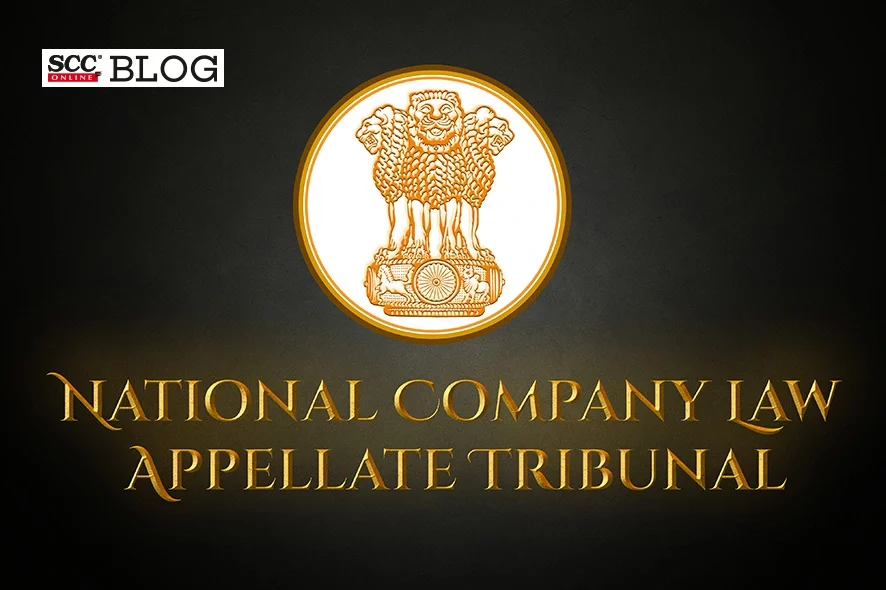National Company Law Appellate Tribunal, New Delhi: In an appeal against quashing of notices regarding the invocation of Bank Guarantees provided by the Corporate Debtor (M/s. Ganesh Fire Equipments (P) Ltd.) on the grounds of violation of Section 14(1)(c) of the Insolvency and Bankruptcy Code, 2016 (IBC), a division bench comprising of Justice M. Venugopal (Judicial Member) and Ajai Das Mehrotra* (Technical Member), held that bank guarantees that meet the criteria of irrevocability and unconditionality, and are considered sureties in a contract of guarantee to a corporate debtor, can be invoked during the moratorium period as provided under Section 14(3)(b) of the IBC.
The instant matter involves an appeal filed by the appellant-National Small Industries Corporation Limited (NSIC), against an order issued by the Adjudicating Authority. The appellant entered into an agreement with the Corporate Debtor for raw material financial assistance against a bank guarantee. The Corporate Debtor was admitted to the Corporate Insolvency Resolution Process (CIRP), and the appellant invoked the bank guarantees. The Adjudicating Authority quashed the notices issued by the appellant for invoking the bank guarantees, citing that the bank guarantees were not ‘Performance Bank Guarantees’ and therefore subject to the moratorium under Section 14(1)(c) of the IBC.
The appellant, aggrieved by this decision, appealed to the NCLAT and contended that the bank guarantees were irrevocable and unconditional, falling within the exception provided by Section 14(3)(b) of the IBC. On the other hand, the respondents, including the Corporate Debtor and Canara Bank (the bank providing the guarantees), opposed the appeal, contending that the bank guarantees were not covered by the exception and should be subject to the moratorium.
Section 14(1)(c) of the IBC, 2016, enforces a moratorium prohibiting actions to foreclose, recover, or enforce any security interest created by the Corporate Debtor in respect of its property during the Corporate Insolvency Resolution Process (CIRP).
The NCLAT analysed the terms of the bank guarantees and the underlying agreement and found that the bank guarantees were given to secure the repayment of financial assistance provided by the appellant to the Corporate Debtor. The NCLAT determined that these bank guarantees fell under the exclusion provided in Section 14(3)(b) of the IBC which states that moratorium provisions do not apply to a surety in a contract of guarantee to a corporate debtor.
The NCLAT after careful consideration, held that the Bank Guarantees provided by the Bank were covered by the exception provided in Section 14(3)(b) of the IBC, Therefore, the moratorium prescribed under Section 14(1) of the IBC did not apply to their encashment.
“The ‘Bank Guarantee’, provided by the Respondent No. 2/Bank is held to be covered by the exception provided in provisions of Section 14(3)(b) of IBC, 2016, and the Moratorium prescribed under Section 14(1) of IBC, 2016, shall not apply to its ‘Encashment’.”
The NCLAT allowed the appeal and set aside the impugned order passed by the Adjudicating Authority. The NCLAT determined that the Bank Guarantees were not subject to the moratorium and could be encashed. No order as to costs was issued.
[National Small Industries Corpn. Ltd. v. Prabhakar Kumar, 2023 SCC OnLine NCLAT 749, order dated 16-10-2023]
*Judgment by Ajai Das Mehrotra (Technical Member)
Advocates who appeared in this case :
Mr. Sanjay Sharma Darmora and Mr. Yoginder P. Uniyal, Advocates along with Mr. K.G.S. Moorthy and Mr. O.P. Gupta (NSIC), Counsel for the Appellant
Mr. Ishwar Mohapatra, Counsel for the Respondent No. 1
Mr. Sunil Kr. Jha, Counsel for the Respondent No. 2







